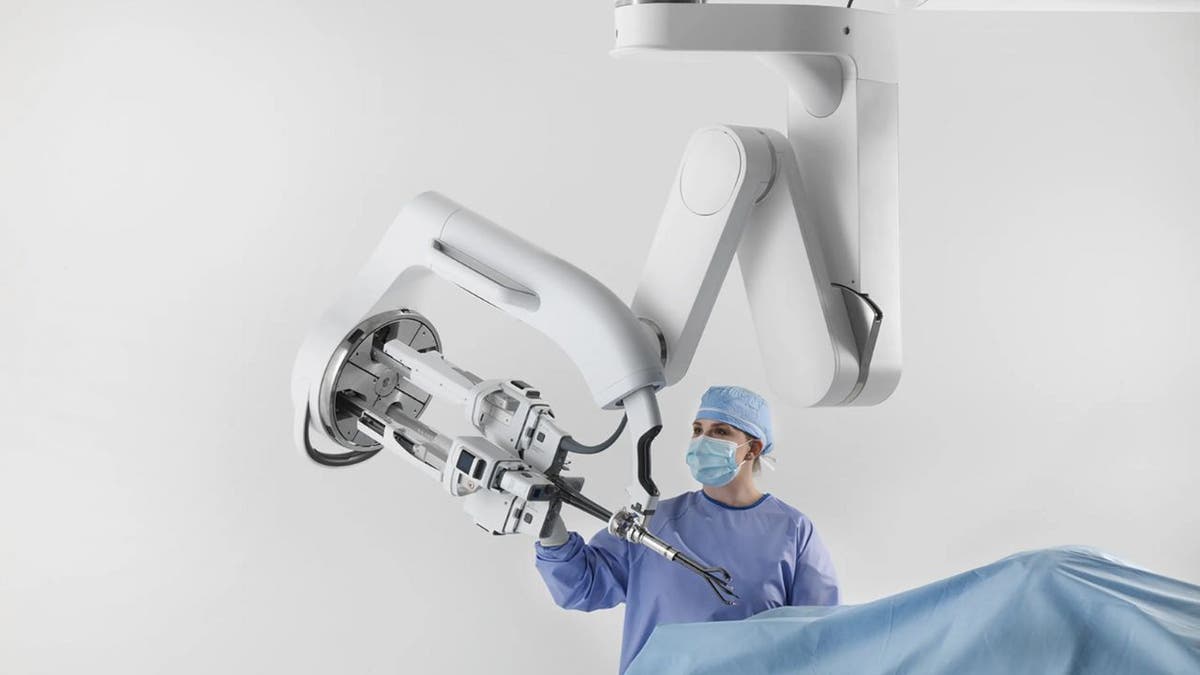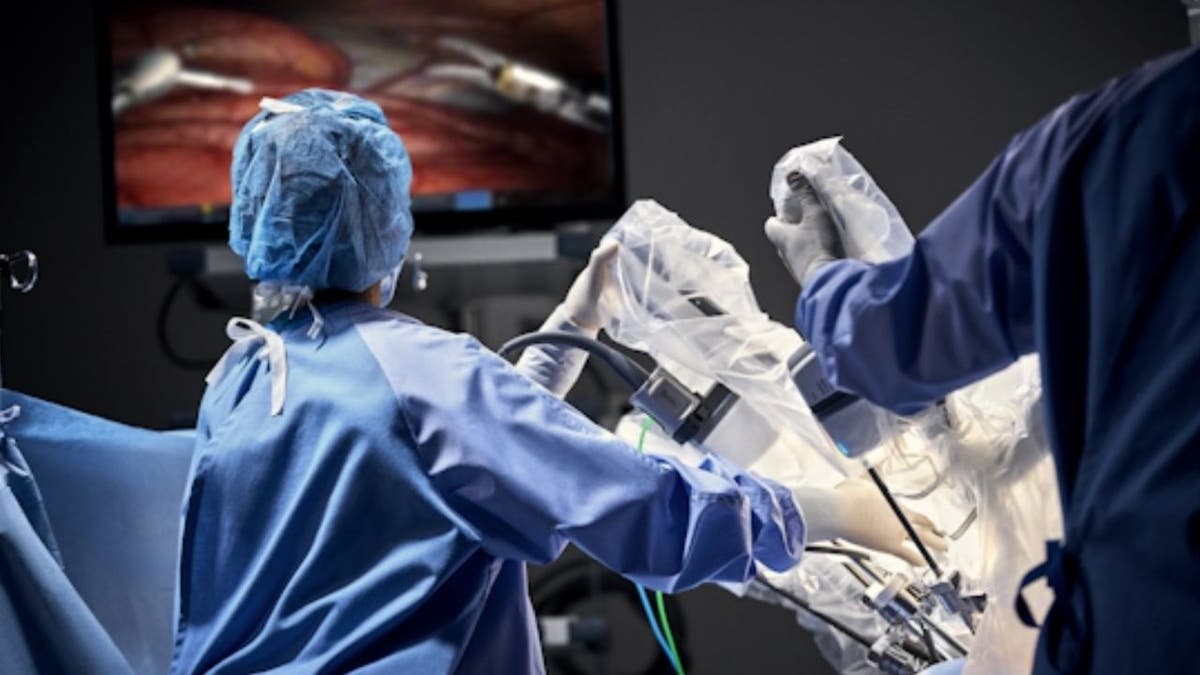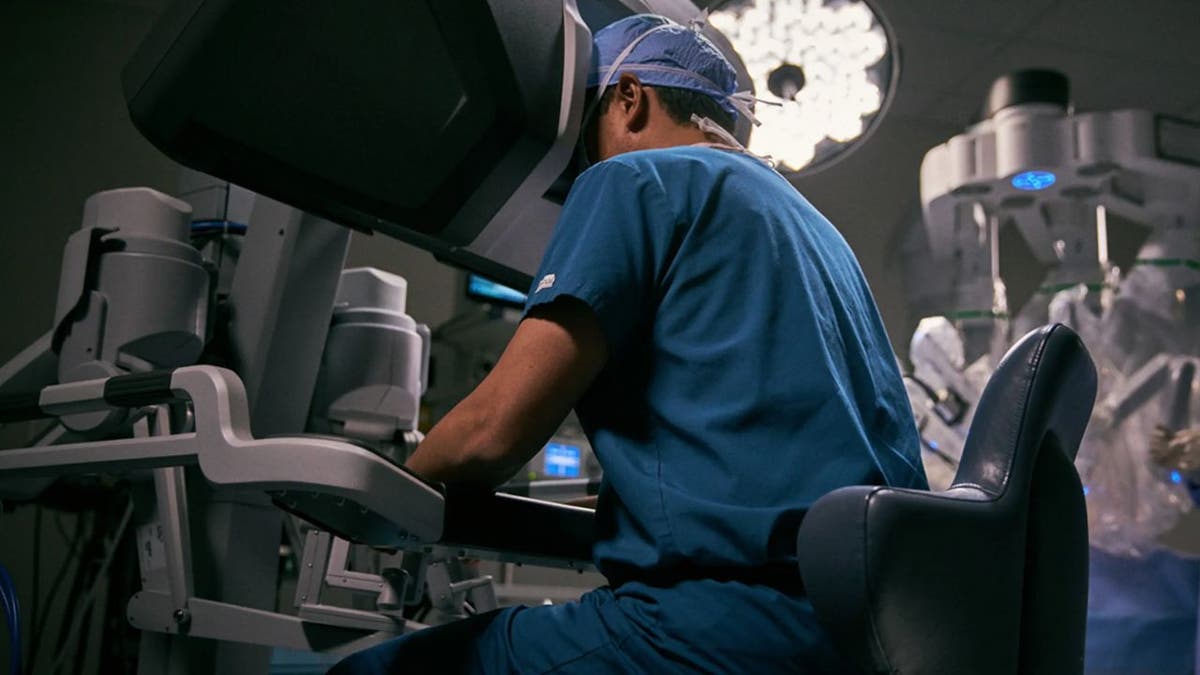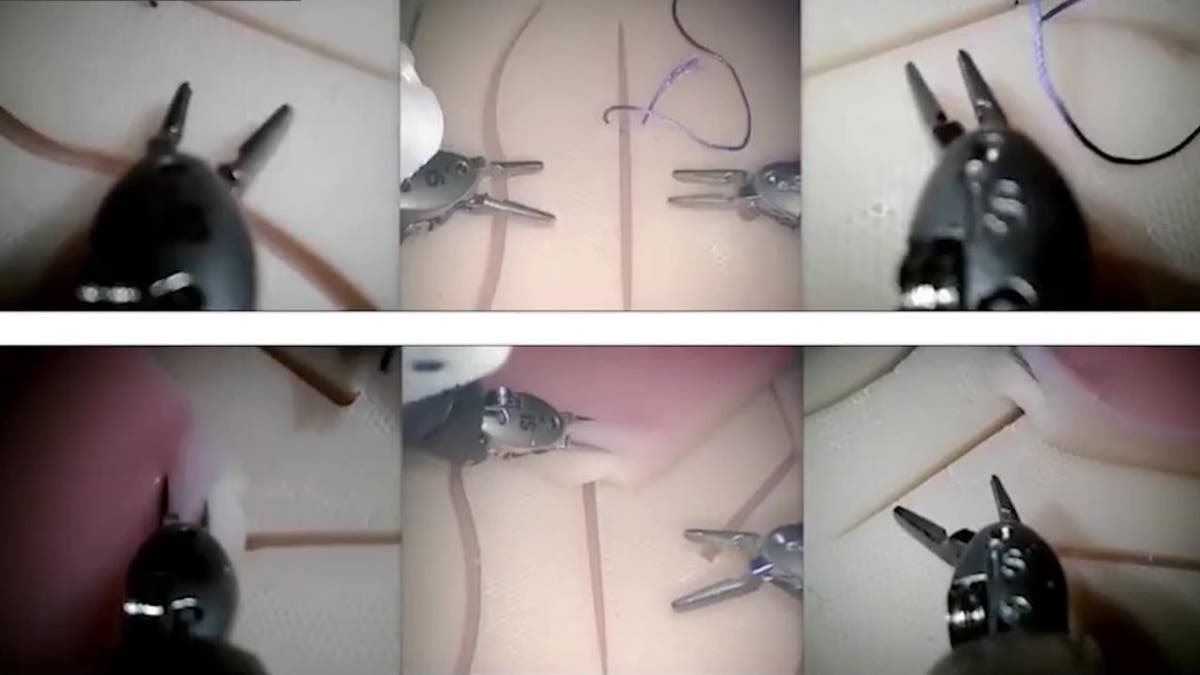Robots perform like human surgeons by just watching videos

In a groundbreaking development, researchers at Johns Hopkins University (JHU) and Stanford University have successfully trained a robotic surgical system to perform complex tasks with the skill of human doctors.
This achievement marks a significant step toward autonomous robotic surgery, potentially transforming the future of medical procedures.
Robotic surgical system. (Johns Hopkins University)
Robots learn from watching surgical videos
The team utilized a da Vinci Surgical System, a robotic platform typically controlled remotely by surgeons. Using a machine learning technique called imitation learning, they trained the system to perform three critical surgical tasks: manipulating a needle, lifting body tissue and suturing.
3 DAYS LEFT! I’M GIVING AWAY A $500 GIFT CARD FOR THE HOLIDAYS (Ends 12/3/24 12 pm PT)
What sets this approach apart is the training method. Instead of painstakingly programming each movement, the robot learned by watching hundreds of videos recorded from wrist-mounted cameras on da Vinci robots during actual surgical procedures. This method allows the robot to learn from the collective experience of numerous skilled surgeons, potentially surpassing the capabilities of any single human operator.
KURT’S BEST NEW BLACK FRIDAY DEALS

Da Vinci surgical system. (Intuitive)
COULD YOUR NEXT PHYSICAL EXAM BE PERFORMED BY A ROBOT FINGER?
AI combines imitation learning with robotics for surgical precision
The researchers developed an AI model that merges imitation learning with the machine learning architecture used in popular language models like ChatGPT. However, this model operates in the language of robotics — kinematics — translating visual input into precise robotic movements. This sophisticated approach allows the system to understand and replicate complex surgical maneuvers with remarkable accuracy.

Da Vinci surgical system. (Intuitive)
THE CREEPY YET HELPFUL HUMANOID ROBOT READY TO MOVE INTO YOUR HOME
Impressive results and self-correction
The surgical system not only executed tasks as proficiently as human surgeons but also demonstrated the ability to correct its own mistakes. As Axel Krieger, assistant professor at JHU, noted, “Like if it drops the needle, it will automatically pick it up and continue. This isn’t something I taught it to do.” This level of autonomy and adaptability is crucial in surgical settings where unexpected situations can arise. The robot’s ability to problem-solve and adjust its actions in real time could potentially reduce complications and improve patient outcomes.

Da Vinci surgical system. (Intuitive)
ROBOTS GET A FEEL FOR HUMAN TOUCH, NO ARTIFICIAL SKIN REQUIRED
Accelerating the path to autonomous surgery
This breakthrough could significantly speed up the development of autonomous surgical robots. Traditional methods of programming robots for surgery are time-consuming and limited in scope. With this new approach, Krieger explains, “We only have to collect imitation learning of different procedures, and we can train a robot to learn it in a couple days.” This rapid learning capability opens up possibilities for quickly adapting surgical robots to new procedures or techniques, potentially revolutionizing the field of robotic surgery.
WHAT IS ARTIFICIAL INTELLIGENCE (AI)?

Robotic surgical system. (Johns Hopkins University)
Looking ahead: Full surgical procedures
The JHU team is now working on expanding this technology to train robots to perform complete surgical procedures. While fully autonomous robotic surgery may still be years away, this innovation paves the way for safer and more accessible complex treatments worldwide. The ability to train robots on entire surgical procedures could lead to standardized, high-quality surgical care even in areas lacking specialized surgeons.
GET FOX BUSINESS ON THE GO BY CLICKING HERE

Robotic surgical system. (Johns Hopkins University)
SUBSCRIBE TO KURT’S YOUTUBE CHANNEL FOR QUICK VIDEO TIPS ON HOW TO WORK ALL OF YOUR TECH DEVICES
Kurt’s key takeaways
By harnessing the power of AI and imitation learning, we’re witnessing the birth of surgical robots that can learn and adapt much like human surgeons. As this technology continues to evolve, it holds the promise of reducing medical errors, increasing surgical precision, and potentially making advanced surgical procedures available to more patients globally. While there are still challenges to overcome, including ethical considerations and regulatory approvals, the future of AI-assisted and autonomous robotic surgery looks increasingly promising.
CLICK HERE TO GET THE FOX NEWS APP
Would you feel comfortable undergoing surgery performed by a robotic system trained using AI and imitation learning? Let us know by writing us at Cyberguy.com/Contact
For more of my tech tips and security alerts, subscribe to my free CyberGuy Report Newsletter by heading to Cyberguy.com/Newsletter
Ask Kurt a question or let us know what stories you’d like us to cover.
Follow Kurt on his social channels:
Answers to the most-asked CyberGuy questions:
New from Kurt:
Copyright 2024 CyberGuy.com. All rights reserved.









